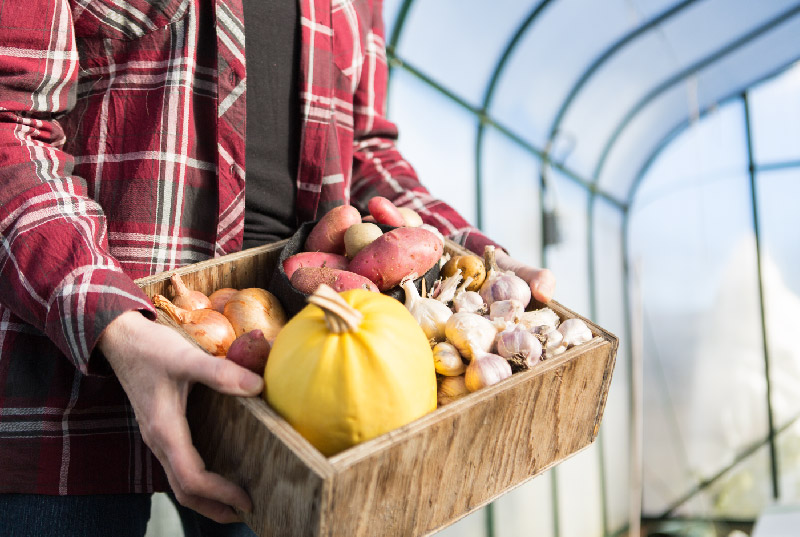
I help gardeners grow
& beginners blossom.
No seed left behind,
no soil unturned.
Together we can have lots of fun growing
great gardens using simple practical tips.
- Featured in -





Start saving & storing your garden seeds for a more more sustainable future
SIGN UP to get the FREE Seed packet PDF
X CLOSE
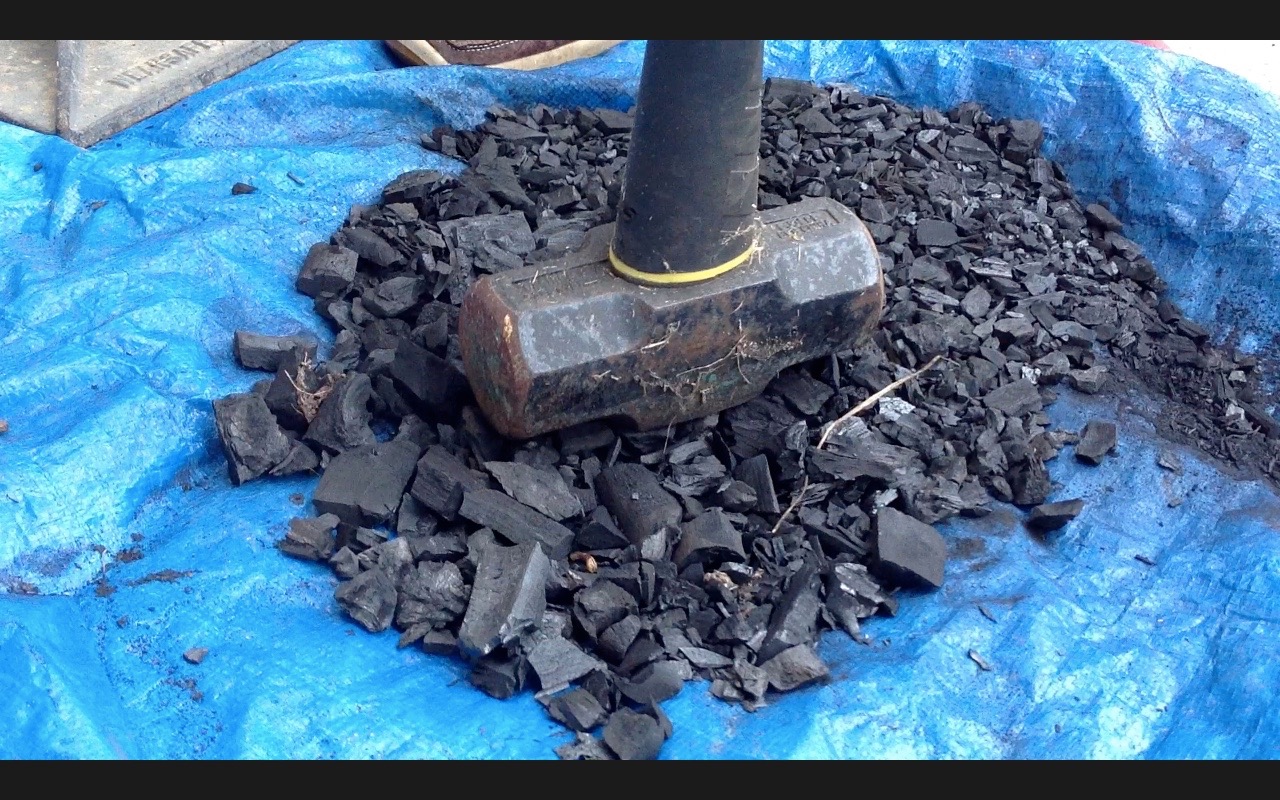
The Biochar Revolution and other fun in the Greenhouse
Today I am reading the Biochar Revolution book (edited by Paul Taylor) and I am playing around with a talk I am building. The two are unrelated really except that when I speak I am always playing around and it takes a lot of time fiddling to get the slides right.
Apparently Biochar production takes time as well. So I have decided I can’t make my own biochar and am patiently waiting for my free sample so that I can set up my own “worm avoidance” and ” biochar germination tests”.
I love testing things and solving mysteries in the garden, and I include all these little unrelated stories when I speak to gardening audiences. Like how my compost outside is now in the “steady” range of temperatures (80 degrees F) and inside my greenhouse the soil is only 40F. Interesting, but I won’t turn the compost until it heats up even more.
I recently did a bio-assay of both my manure and my newly delivered soil. Okay it was Gord’s horses manure, not my very own. I promised my mother I would never buy my own horse. “You just don’t have time Donna”, she said. So I ride Gord’s horses when I can.
I advise other gardeners to be wary of manure because it can easily contain chemical residues. The bioassay is just a quick test – you grow beans and if they look weird there could be something wrong with your compost. Most likely chemical herbicides. So don’t use it in your garden.
Thankfully my beans were fine after the test but then what are you gonna do with beans already growing a month before outdoor bean planting time? Of course I added them to my growing menagerie in my greenhouse.
But back to Biochar. Apparently if made and used properly it is a more or less a permanent solution to soil drainage problems, soil fertility, soil chemical problems and almost anything that ails you. I look forward to learning more as I work with it in my garden. (Note: In 2016 Airterra biochar received Canadian Food Inspection Agency certification and is now being sold commercially – see my Shop for details on the best Canadian source for Biochar.)
The test sites in Alberta are based at Olds College and Vermillion research centre. Meanwhile I am speaking this Sunday in Qualicum Beach, May 2 in Medicine Hat Alberta and then in the Parkland community in Calgary. So I need to focus on sitting at my desk, not puttering in my garden. And I need to take out slides, not add more. Join me at my talks if you can!
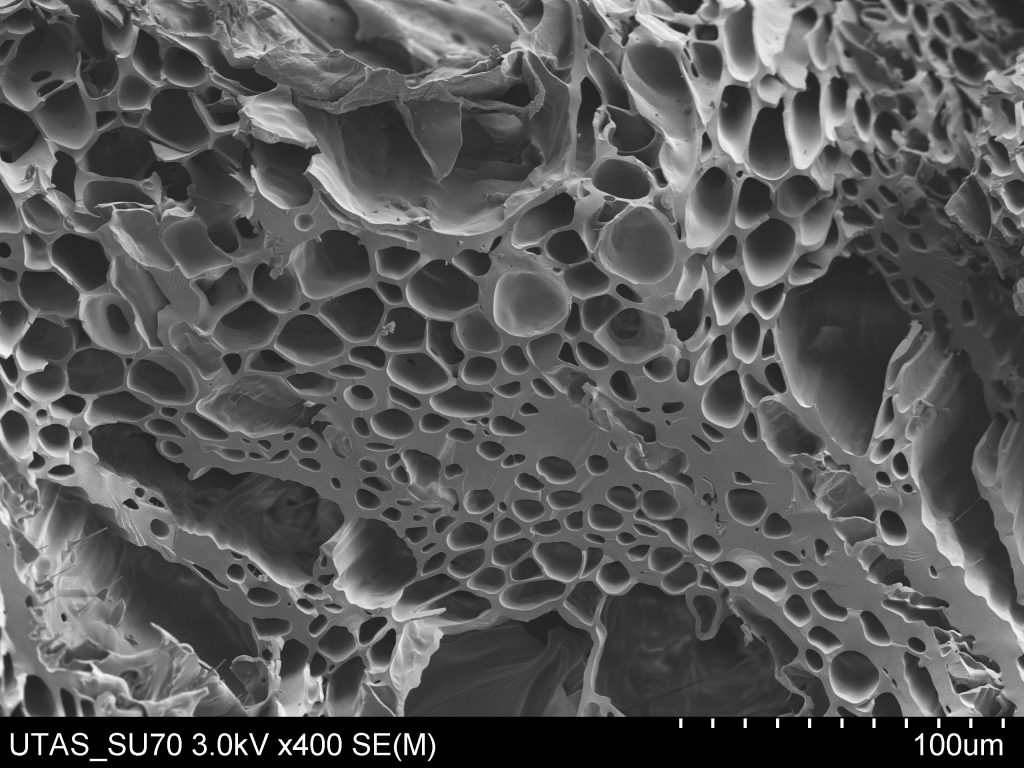
Up close view of Biochar shows the pores where microbes live and moisture and minerals collect
PS The Biochar Revolution is a long boring read so thankfully the Washington State University has published a shorter fact sheet for home gardeners. See WSU fact sheet FS147E by Linda Chalker-Scott for the latest downloadable information.
What Would Donna Do?
Get my growing and gardening tips and pointers throughout the season.












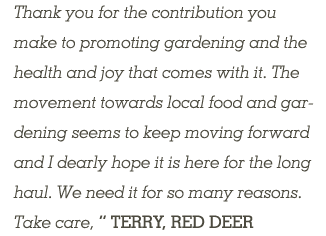

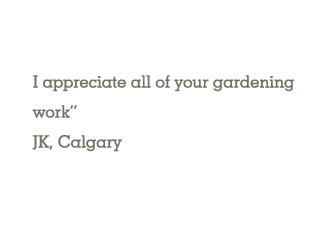
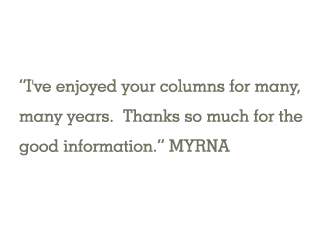

0 Comments